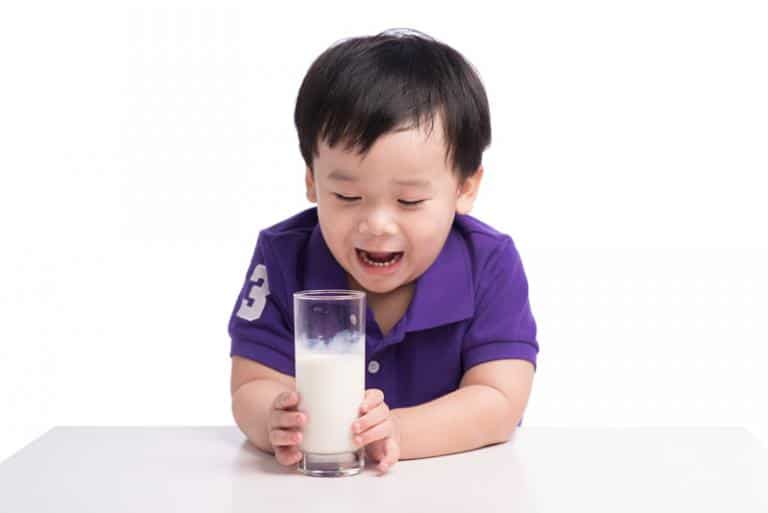Lactose Intolerance
What is Lactose Intolerance?
Lactose intolerance is a common digestive problem, in which the body is incapable of fully digesting lactose, a type of sugar found in milk and dairy products. Lactose intolerance is often confused with Cow’s Milk allergy as the 2 conditions share similar signs and symptoms. It is important to note they are separate conditions.

What Causes Lactose Intolerance?
Lactose intolerance develops when the small intestine does not produce enough enzymes to break down lactose. It is usually runs in families, with symptoms emerging during adolescence or adulthood.
Some premature babies may have lactose intolerance, but the conditions generally resolves as the digestive system starts to produce enzymes.
In other cases, the lactose intolerance may be congenital in newborns. Under such circumstances, your child will not be able to intake any food or drink with lactose content.
Is My Child Lactose Intolerant?
- Abdominal cramps
- Bloatedness
- Nausea
- Diarrhoea
- Flatulence (excessively passing gas)
How do I Manage a Lactose Intolerant Child?
- Whey
- Curds
- Cheese
- Butter and margarine
- Yoghurt
- Milk powder
- Nougat
- Salad dressing
- Waffles
- Cereals
- Baking mixes
- Creamers

